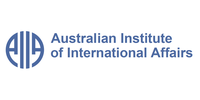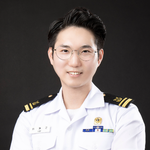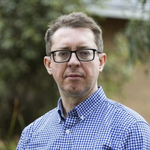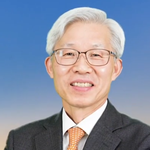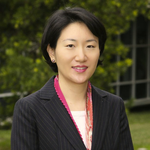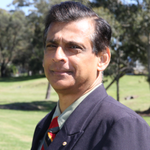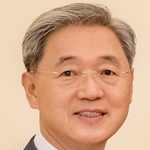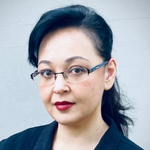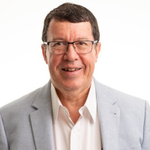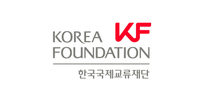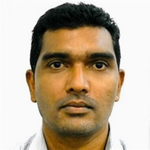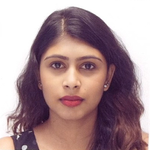Event Details
This year's event will be held at Queensland Parliament. Attendance is free, and all-day catering is provided.
Panel One: Regional Security
The potential for conflict looms large in the national consciousness of South Korea. For nearly 70 years, the Korean Peninsula has been divided, with prospects for reunification dwindling as the two countries' priorities diverge. In recent months, the North has launched numerous missiles throughout the region, most notably those that entered Japanese territory. South Korea's external relations are also necessarily framed by its proximity to two other giants whose priorities and actions are also at odds with the democracies of the Indo-Pacific: Russia and China. With China's increasing grey zone activities and Russia's ongoing invasion of Ukraine, South Korea must manage its regional presence with great care. How does South Korea navigate such a precarious regional security context? How does South Korea balance its peninsular security concerns with broader regional trends? What is South Korea's role in the Indo-Pacific in the context of potential great power conflict?
Panel Two: Regional Frameworks
In November 2022 at the ASEAN summit in Cambodia, Korean President Yoon Suk-yeol announced a long-awaited Indo-Pacific strategy for South Korea. Yoon made clear that South Korea is committed to "principles of freedom, peace and prosperity built on a rules-based order" in the Indo-Pacific. This echoes the Indo-Pacific strategies put forth by the United States, South Korea's closest ally, and Japan, South Korea's former coloniser with whom it still maintains frosty relations. Yet South Korea cannot ignore Japan if it wants to be a player in the Indo-Pacific. As such, the new strategy should not just be seen in the context of great power politics, it also provides an avenue for improved Korea-Japan relations. As South Korea integrates into regional frameworks such as the Indo-Pacific Economic Framework (IPEF), the CPTPP, and others, how can it use these fora to move forward in its relations with Japan? More broadly, what does this new strategy signal for the future of South Korean foreign policy?
Panel Three: Soft Power & Democracy
As the Indo-Pacific region increasingly progresses toward competition between democracies and autocracies, understanding the nuances of the region's domestic politics and democratic expression has become increasingly important. South Korea's most recent presidential elections were seen as a win for nobody, though a president representing a different party than the previous president is now in power. The swing vote was young, male voters who were concerned with former president Moon's more progressive family and gender policies. Yet this development should not attract the same level of alarm as similar trends in Western democracies. Men in South Korea are subject to mandatory service, while women are not, resulting in a fraught landscape for creating equitable gender policy. This also extends to mega pop starts, as K-Pop group BTS announced a pause to their musical career to enter the Korean military. What does gender policy look like in South Korea in the context of mandatory service for men? How can Korea leverage its significant soft power as it seeks to increase its influence in the Indo-Pacific?
Seminar: How to Write an Op-Ed
